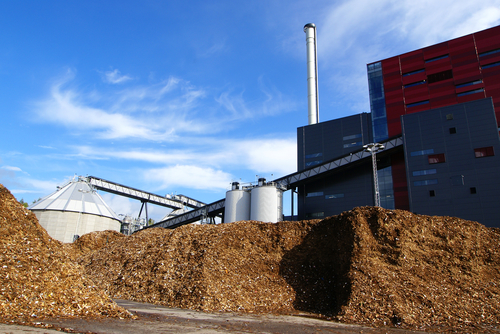Burning biomass in power plants pushes up carbon dioxide emissions 16%


The use of biomass, such as wood chips, as a fuel generated an extra 19 megatons in carbon dioxide emissions last year, according to new calculations by national statistics agency CBS.
Overall, carbon dioxide missions due to biomass were up 16%, the CBS said. Biomass now accounts for over half the renewable energy generated in the Netherlands, followed by wind (23%) and solar (14%).
Dutch biomass plants, which are supposed to help comply with EU climate goals, have been given over €3.5bn in subsidies in the last seven years. They have, however, become deeply controversial because of longer-term damage to the environment.
Critics say the government have not included worldwide effects, such as deforestation in the Baltic states, into its calculations. In July last year, the Dutch government’s senior advisory body SER recommended that subsidies for the use of biomass in power stations be phased out quickly, a point the government later agreed on.
The Netherlands has also been under fire for importing wood chips from the US to burn in power plants.
Thank you for donating to DutchNews.nl.
We could not provide the Dutch News service, and keep it free of charge, without the generous support of our readers. Your donations allow us to report on issues you tell us matter, and provide you with a summary of the most important Dutch news each day.
Make a donation